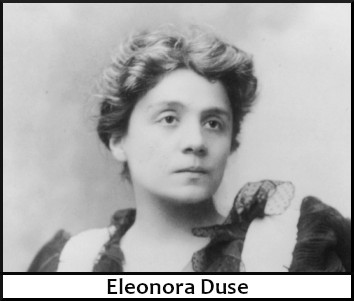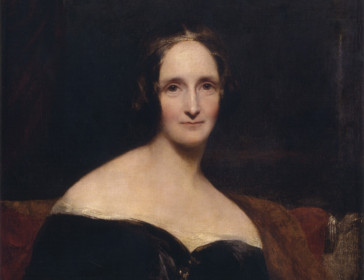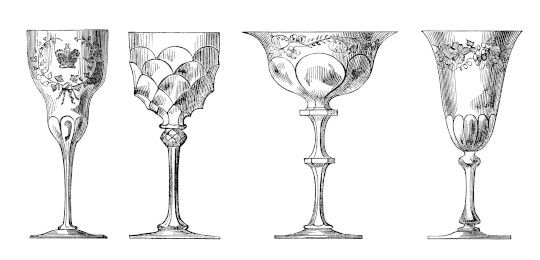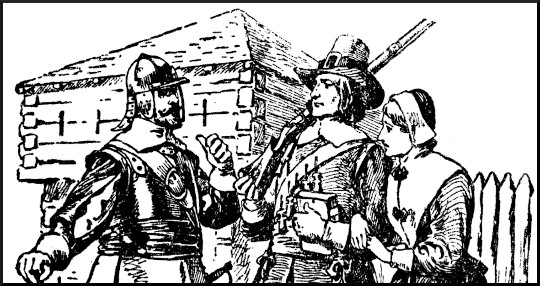Vladimir Lenin? Karl Marx? Louis C. Fraina? Homero Aridjis? Carlos Fuentes? Saint Peter? George Galloway? Liz Smith? Steve Bannon? Apocryphal?
Question for Quote Investigator: Many societal changes do not follow smooth trajectories. Instead, change occurs via irregular starts and stops. Here are two versions of this notion:
- There are decades when nothing happens, and there are weeks when decades happen.
- There are centuries in which nothing happens and years in which centuries pass.
The first saying has been ascribed to Russian revolutionary Vladimir Lenin, but I am skeptical because I have been unable to find a solid citation. Would you please help?
Reply from Quote Investigator: Vladimir Lenin died in 1924; however, the earliest citation located by QI that attributed the remark to him appeared in 2001. This long delay greatly reduced the credibility of the ascription to Lenin.
A biblical precursor mentioning the compression and decompression of time appeared in the second epistle of St. Peter. Boldface added to excerpts by QI:1
But do not forget this one thing, dear friends: With the Lord a day is like a thousand years, and a thousand years are like a day. The Lord is not slow in keeping his promise, as some understand slowness. Instead he is patient with you, not wanting anyone to perish, but everyone to come to repentance. (New International Version)
Karl Marx wrote a letter dated April 9, 1863 that included a passage expressing a similar idea in which the changes occurring during twenty years were compressed into days. The following English translation was published in 1985:2
How soon the English workers will throw off what seems to be a bourgeois contagion remains to be seen. So far as the main theses in your book are concerned, by the by, they have been corroborated down to the very last detail by developments subsequent to 1844. For I have again been comparing the book with the notes I made on the ensuing period. Only your small-minded German philistine who measures world history by the ell and by what he happens to think are ‘interesting news items’, could regard 20 years as more than a day where major developments of this kind are concerned, though these may be again succeeded by days into which 20 years are compressed.
Below are additional selected citations in chronological order.
Continue reading “Quote Origin: Days Into Which 20 Years Are Compressed”


